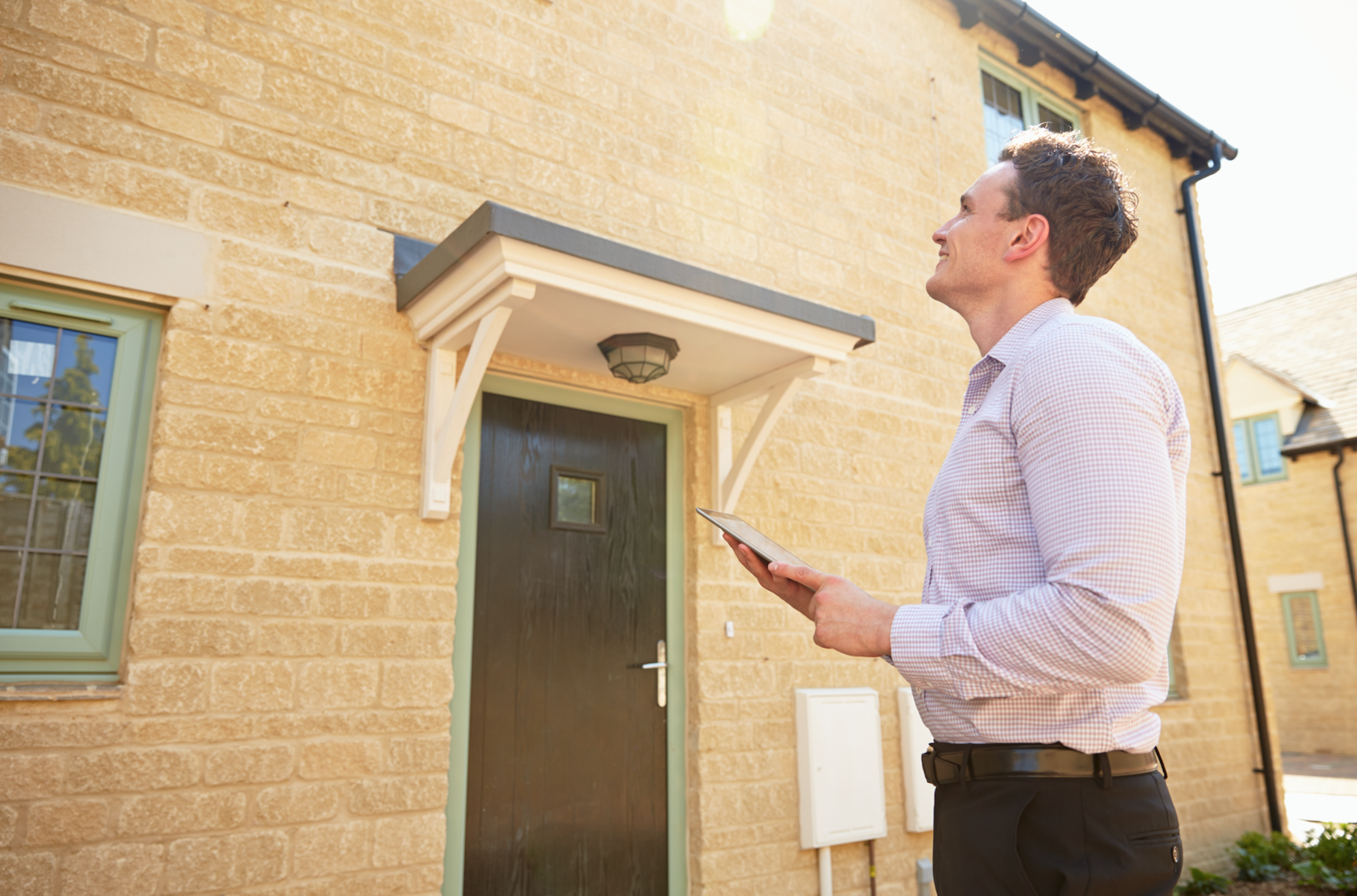Leasehold vs Freehold: What’s the difference?
Oakheart Property

When you’re buying a property, you may find that you come across a lot of new terminology that you’re unfamiliar with. Leasehold and freehold are two of the most common terms that you may hear being mentioned. Here at Oakheart Property, we want to ensure that the home buying process is as smooth and straightforward as possible. So, we’ve detailed the key differences between leasehold, freehold, share of freehold and commonhold.
Looking to sell or rent in Colchester or the surrounding area? We can help! Get in touch with a member of our team today.
Freehold and leasehold are two fundamentally different types of homeownership. It’s important that you understand the differences between the two as they can affect buying, owning and selling your property.
What is a Leasehold?
When you purchase a leasehold property, you will own it for the length of your lease agreement with the freeholder. Once the lease period has ended, the property reverts back to the freeholder unless you can extend the lease. If you’re considering buying a leasehold property, it’s beneficial to check the amount of time left on the lease.
The freeholder, also commonly referred to as the landlord, will usually be responsible for maintaining the common parts of the building. This includes the entrance hall and staircase as well as the exterior walls and roof. However, if other leaseholders have claimed their ‘right to manage’, then they may have taken over certain management responsibilities. Leaseholders will be required to pay maintenance fees, service charges, ground rent and their share of the buildings insurance.
What is a Freehold?
If you purchase a freehold property, you’ll own the building and the land that the property sits on. Typically, whole houses are sold as freehold properties. However, there are some exceptions to this so it’s important to check before you buy. You’ll be solely responsible for the maintenance of the property and you won’t have to pay ground rent or service charges. Another benefit of owning a freehold property is that you won’t have to worry about the lease running out.
What is a Share of Freehold?
If you purchase a leasehold property, you may be able to buy a share of the freehold along with other leaseholders, for example, other people living in the same block of flats as you. In order to do this, you’ll need at least half of the leaseholders to agree to buy a share of the freehold. You, and the other leaseholders, will also need to set up a company to manage the building. Another option is finding a managing agent to do this for you. However, purchasing a share of the freehold will give you more control over your property.
What is Commonhold?
Commonhold is an alternative to a long leasehold which allows you to own the freehold of your individual property in a multi-occupancy building. The rest of the building is owned and jointly managed by the flat owners, commonly referred to as unit-holders, through a commonhold association. This means that there is no superior freeholder and all of the flat owners manage the common and external parts of the property jointly.
Searching for a property in Colchester or the surrounding areas? We have an experienced team of sales and lettings agents across Essex and Suffolk who will be more than happy to help you navigate the buying and selling process.
Discover the properties on sale with Oakheart Property and get in touch today!

